23 billion-dollar tech companies that didn't exist in the year 2000
Billion-dollar tech businesses that quickly rose to the top
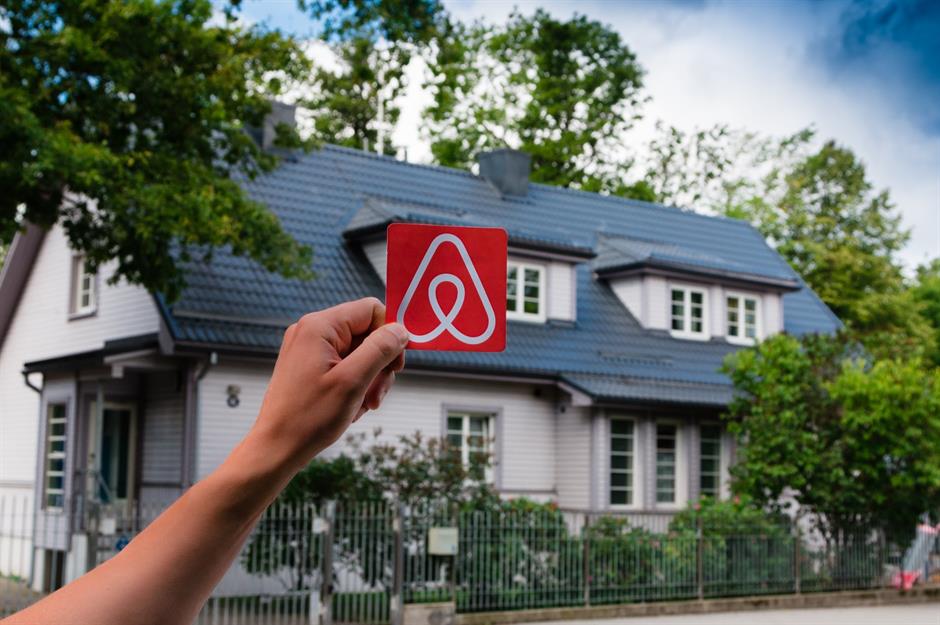
When you think of billion-dollar tech corporations, it's all too easy to assume that it's taken them years – decades, even – to reach the top of their game.
But the digital world moves fast, with some tech brands propelled to levels of success that exceed far beyond their tender years.
Read on to discover the billion-dollar tech platforms that you can't live without, even though they didn't exist at the turn of the millennium. All dollar amounts in US dollars, unless otherwise stated, with all valuation figures accurate as of October 2022.
BuzzFeed: $1.5 billion (£1.2bn)
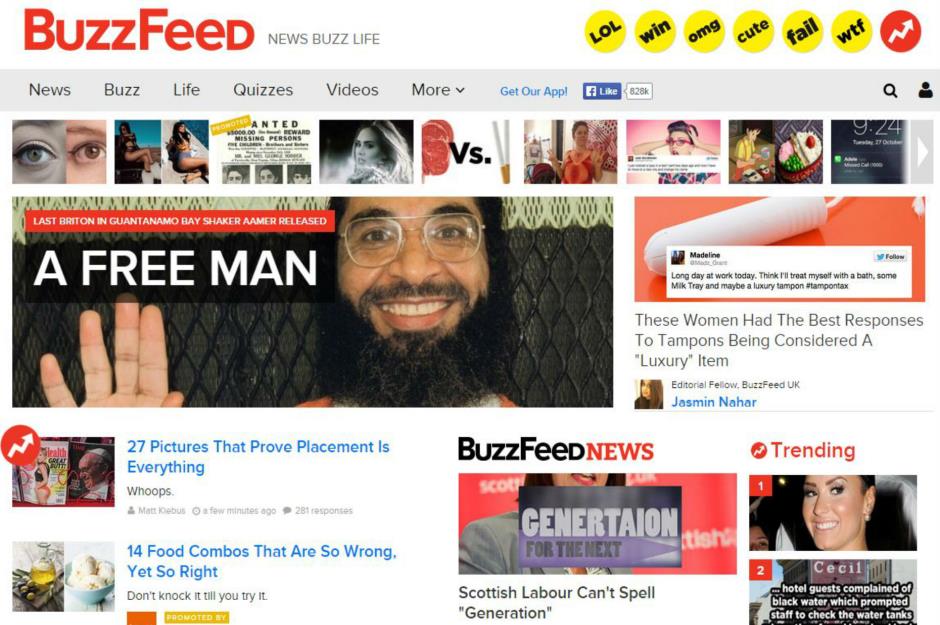
List-style articles (also known as "listicles") on everything from the most calorific desserts to the world's cutest cats are at the core of BuzzFeed’s media empire.
The social news website was launched in 2006 and quickly expanded to cover food, lifestyle, and entertainment. It’s now available around the world, with global editions covering the US, the UK, Australia, France, and India.
In the first quarter of 2021, Buzzfeed reported revenues of $91.6 million (£75.5m), which fell below Wall Street expectations. To make matters worse, it also recorded a 4% year-on-year dip in the time people spent browsing the site.
It's not all doom and gloom, though: last year, the company announced it was going public in a deal worth a cool $1.5 billion (£1.2bn). The valuation was based on the Buzzfeed brand making a projected profit of $117 million (£96.4m) by the end of 2022.
Fitbit: $2.1 billion (£1.7bn)

Forget the humble pedometer that used to be clipped on to your waistband; instead, a step-counting Fitbit is now the must-have product for the health-conscious out there.
The eponymous Fitbit is undoubtedly the company’s most popular product, with a range of models available to do everything from track how many calories you've burnt to analyse the quality of your sleep, and can sync wirelessly with your computer and smartphone.
Since the company was established in 2007, Fitbit has partnered with various luxe brands to offer jewellery-inspired alternatives of its flagship product, as well as launching a set of smart weighing scales that can sync with the tracker.
In 2021, Alphabet Inc., the parent company of Google, acquired Fitbit in a deal worth $2.1 billion (£1.7bn).
Sponsored Content
Duolingo: $3.4 billion (£2.8m)
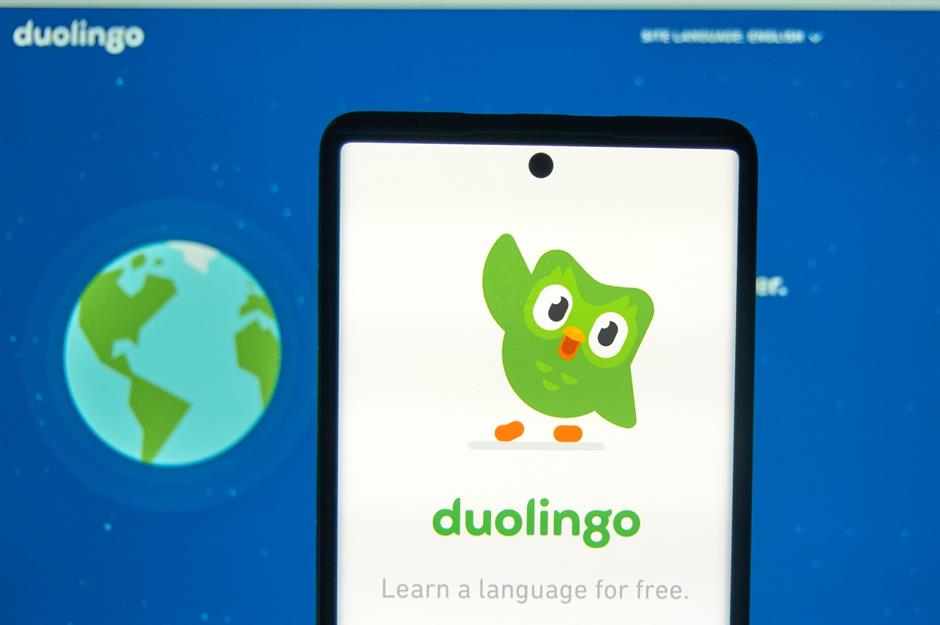
Gamification is at the heart of app Duolingo, which offers users the chance to learn over 30 English-taught languages for free.
Languages on offer range from French and Arabic to Italian and Swahili, and even fictitious tongues – such as Game of Thrones' High Valyrian and Star Trek's Klingon – can be learnt.
Over seven billion linguistic exercises are completed via the Duolingo app each month, and it has over 37 million active monthly users.
Founded in 2011, this nifty bit of tech has certainly talked its way to global success and is now valued at $3.4 billion (£2.8m).
Robinhood: $7.7 billion (£6.9bn)
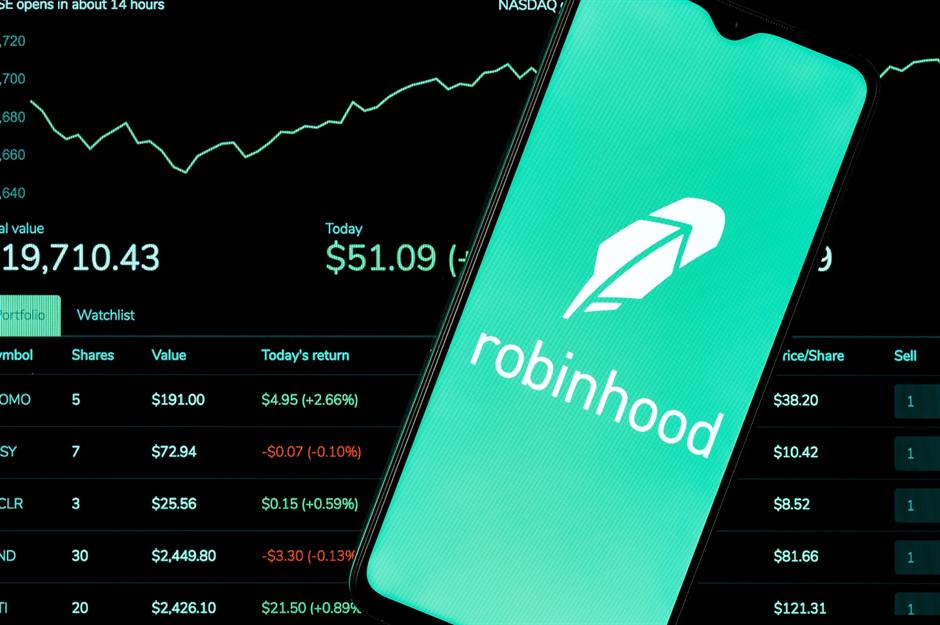
Launched in 2013, commission-free stock trading app Robinhood counts Snoop Dogg among its high-profile investors.
The company was valued at almost $8.8 billion (£7.2bn) in 2019 but recently fell on hard times and had to cut around a quarter of its staff as the cryptocurrency market crashed.
At the time of writing, Robinhood is valued at a more modest $7.7 billion (£6.9bn).
Quora: $4 billion (£3.3bn)
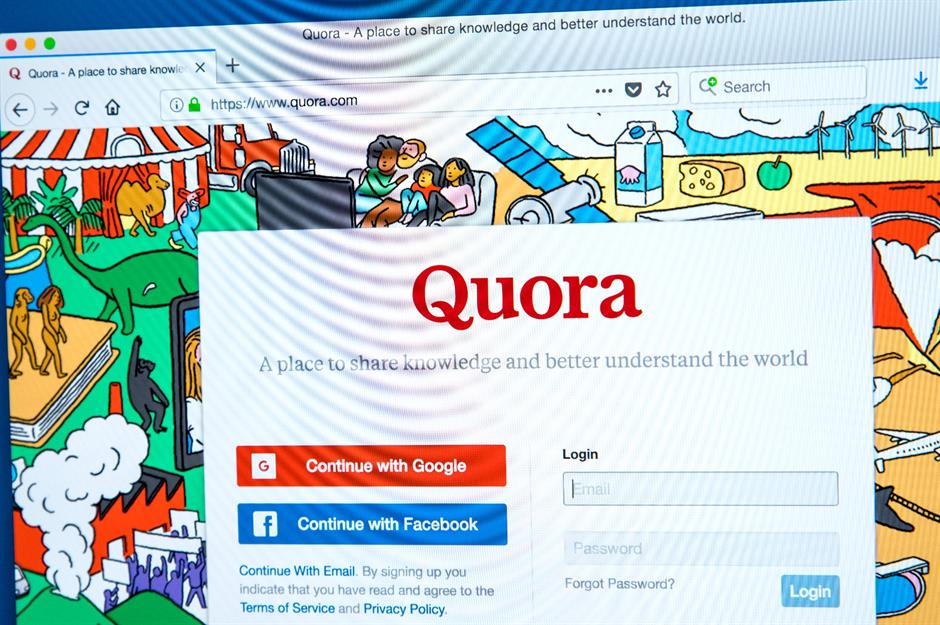
Need to know how long to cook pasta for, or who won the 2012 playoffs? Chances are, Quora will have the answer.
The website was founded in 2009 by former Facebook employees Adam D'Angelo and Charlie Cheever, and was made available to the public in 2010. Its premise is simple: it offers a question-and-answer format, where users can collaborate to solve each other’s queries on almost any topic.
In late 2021, it was announced that Quora was preparing for an IPO, with an estimated valuation of $4 billion (£3.3bn).
Sponsored Content
Klarna: $6.7 billion (£5.5bn)
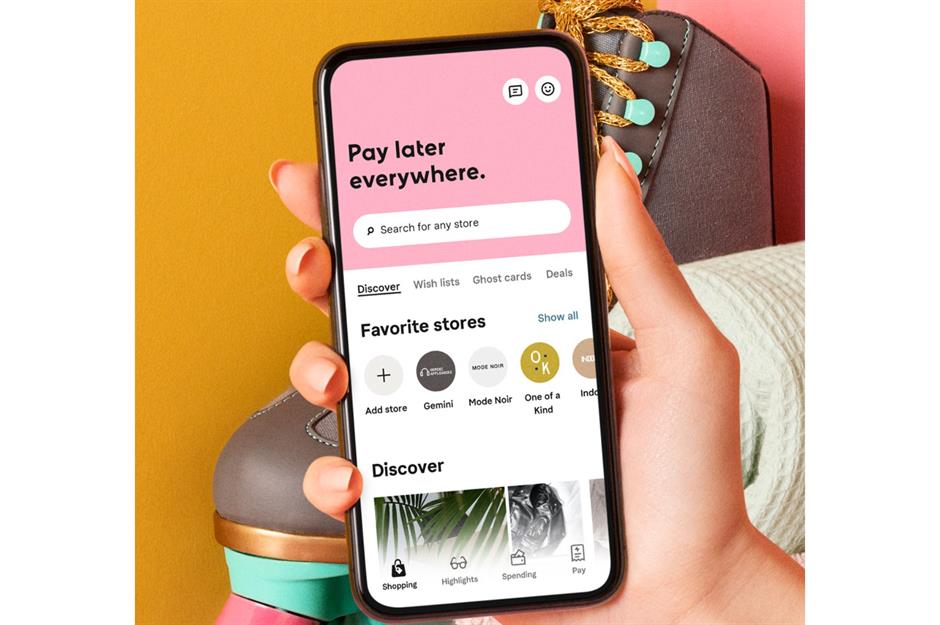
Although controversial among financial experts, delayed payment provider Klarna has certainly done well for itself.
The Swedish-born fintech company launched in 2005 and has since partnered with some of the globe’s biggest retailers. In fact, 2019 saw it join up with a new merchant every eight minutes.
Klarna allows shoppers to spread out payments over the three months following a purchase. Affiliations with brands like H&M and Boohoo.com have certainly paid off: the company is now worth $6.7 billion (£5.5bn).
Dropbox: $7.17 billion (£6.4bn)
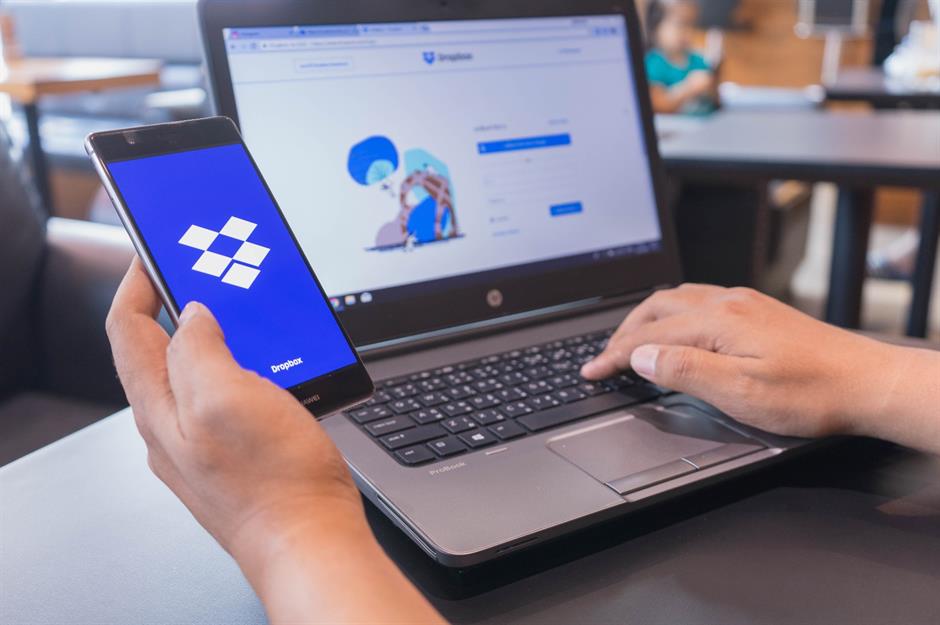
First launched in 2007, Dropbox is a file-hosting service that allows users to send videos, transfer documents, and keep photos safe online.
The company was founded by MIT students Drew Houston and Arash Ferdowsi after Houston kept forgetting his USB flash drive while working on college assignments.
Today, the company is valued at around $7.17 billion (£6.4bn).
Reddit: $10 billion (£8.2bn)
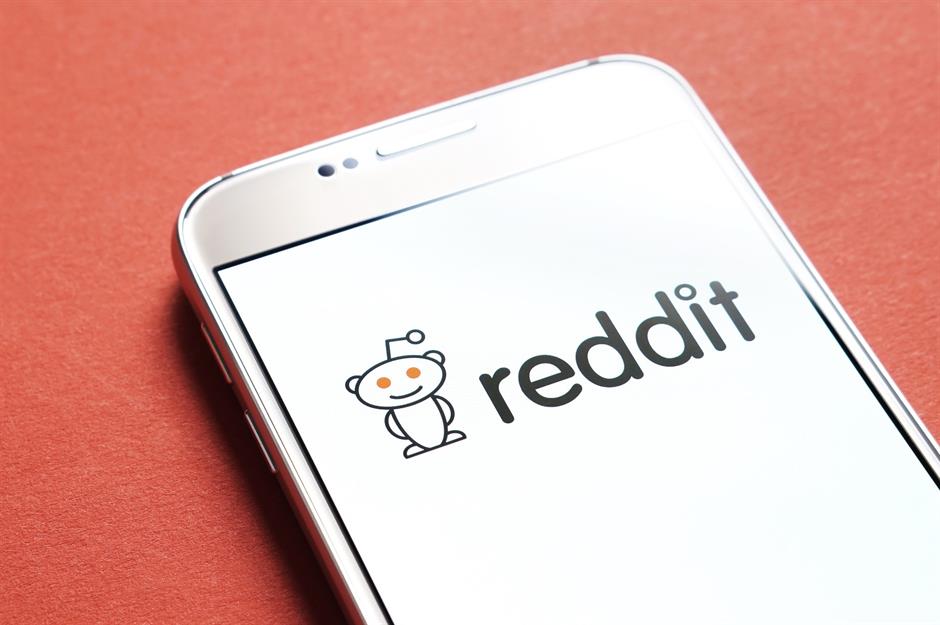
Reddit is a mass of user-created forums that cover everything from Photoshop battles to futurology. The website modestly refers to itself as "the front page of the internet".
It’s easy to get lost down a rabbit-hole or two when browsing the sprawling site, which was founded in 2005 by college roommates Steve Huffman and Alexis Ohanian.
In summer 2021, the company was valued at $10 billion (£8.2bn). Despite its jaw-dropping size, Reddit has never really turned a profit, preferring instead to focus on growth.
Sponsored Content
Wise: $11 billion (£9.1bn)
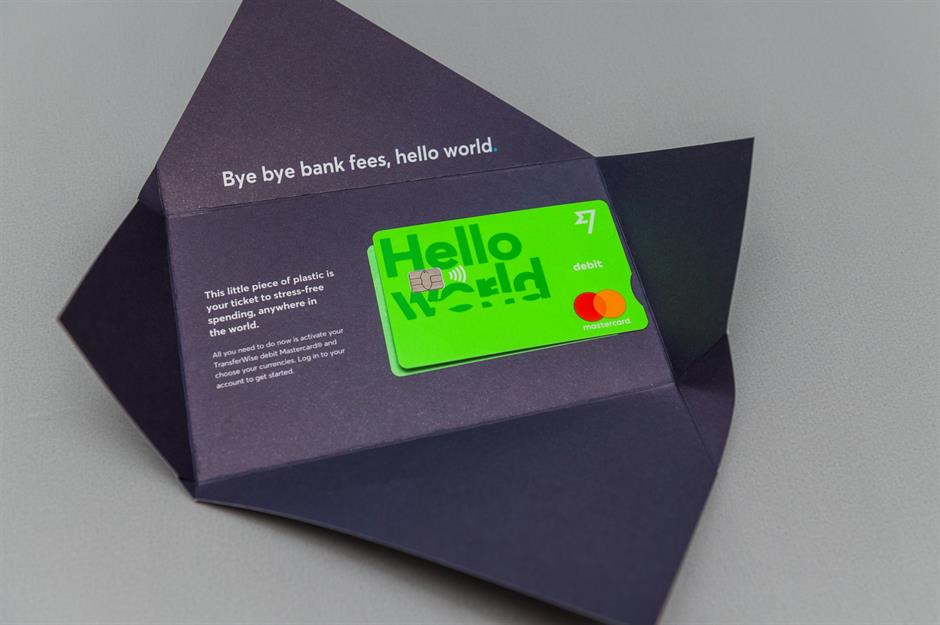
Disruptive banking technology Wise (formerly known as TransferWise) allows cross-border money transfers, without the inflated exchange rates.
The UK-based business was founded in 2011 and over 13 million people used the app last year alone.
The company began trading on the London Stock Exchange in July 2021 with an $11 billion (£9.1bn) valuation.
Grammarly: $13 billion (£10.7bn)
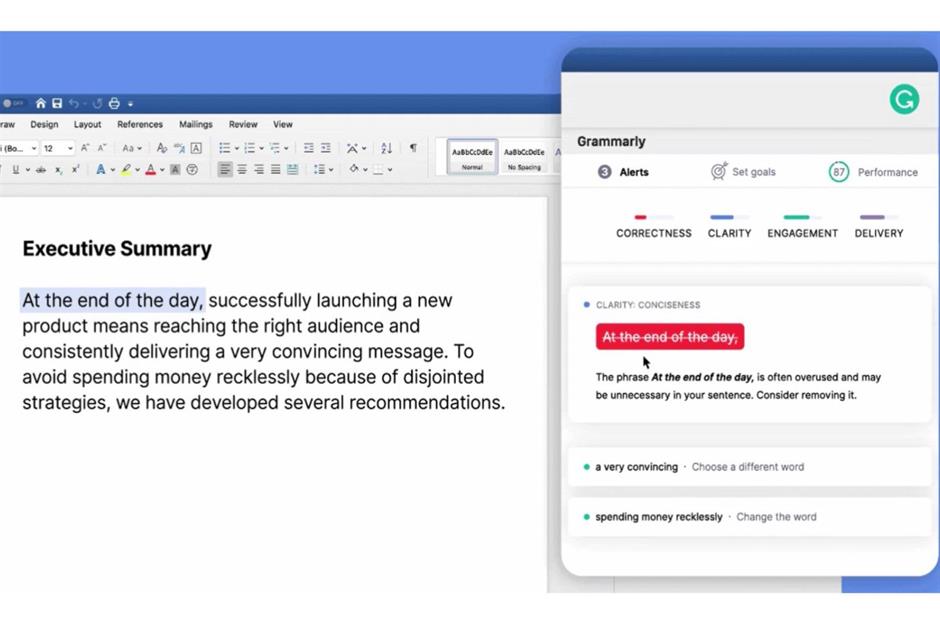
Grammarly is the software that has your back when it comes to mixing up your "your" and your "you’re" in that important email to your (or you're?) boss.
As of 2020, around 30 million people rely on the AI-based technology to keep their emails and reports in check. The company was valued at an eye-popping $13 billion (£10.7bn) in November 2021.
Pinterest: $15.6 billion (£13.9bn)
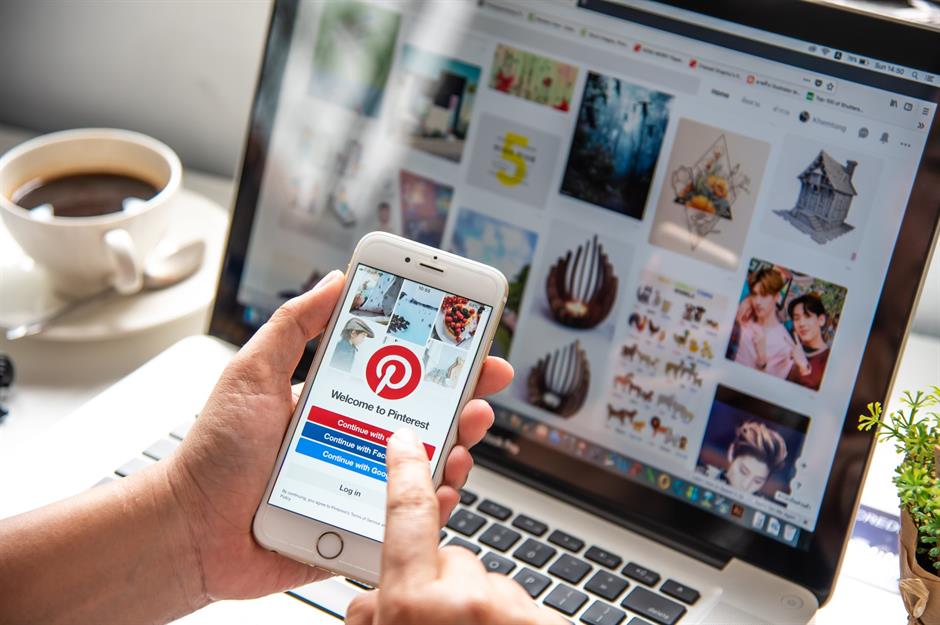
Very few birthday parties, wedding receptions or home renovation projects would be quite the same without the help of Pinterest.
The online pinboard allows users from around the world to curate images and create themed moodboards on everything from hairstyles to kitchen redesigns.
Founded in 2010 by Ben Silbermann, Paul Sciarra, and Evan Sharp, the company has gone from just 5,000 users back in 2010 to more than 436 million as of 2022.
As of summer 2022, Pinterest is worth around $15.6 billion (£13.9bn).
Sponsored Content
DoorDash: $21.4 billion (£17.6bn)
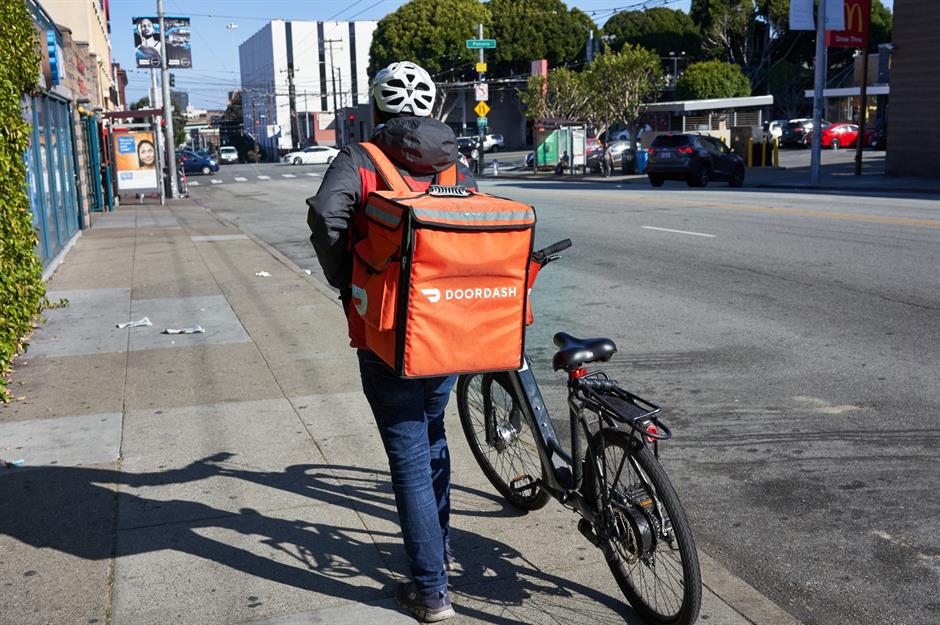
Third-party food delivery service DoorDash was first conceptualised by four Stanford students back in 2012.
The app allows users to order food from a variety of restaurants using their smartphones, and today it's difficult to imagine ordering take-out without it.
In recent years, DoorDash has faced stiff competition from the likes of Uber Eats and Deliveroo. However, that hasn’t stopped its valuation from reaching an impressive $21.4 billion (£17.6bn) at the time of writing.
Twitter: $32.7 billion (£28.8bn)
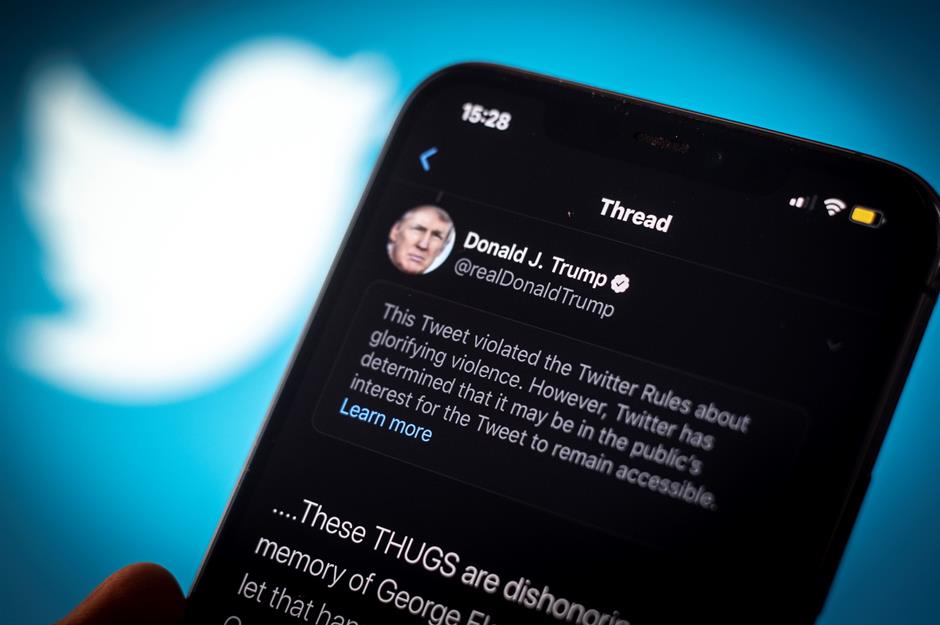
From breaking world news to showcasing viral memes, Twitter is the bite-sized social networking platform that's used by around 290.5 million global users each month.
Founded in 2006, it was initially designed as a way for friends to post status updates about what they were up to in 140 characters (and later 280 characters) or less.
These days, however, "tweeting" is about more than just connecting with friends: you can also post pictures and videos, and even message your favourite celebrities. Twitter is currently worth around $32.7 billion (£28.8bn).
Snapchat: $38.2 billion (£31.5bn)

Flattering, funny, and frankly hideous filters allow Snapchat users to tweak selfies before sending them on to friends, while the controversial Snap Map feature allows you to pinpoint your buddies' precise locations.
The instant picture and video app is reportedly used by around 347 million people each day, with parent company Snap Inc. also behind avatar platform Bitmoji and smartglasses product Spectacles.
Originally called Picaboo, Snapchat was launched in 2011 by three Stanford University pals and hasn't looked back.
According to Business of Apps, Snapchat currently has a 2022 valuation of $38.2 billion (£31.5bn).
Sponsored Content
Canva: $40 billion (£33bn)
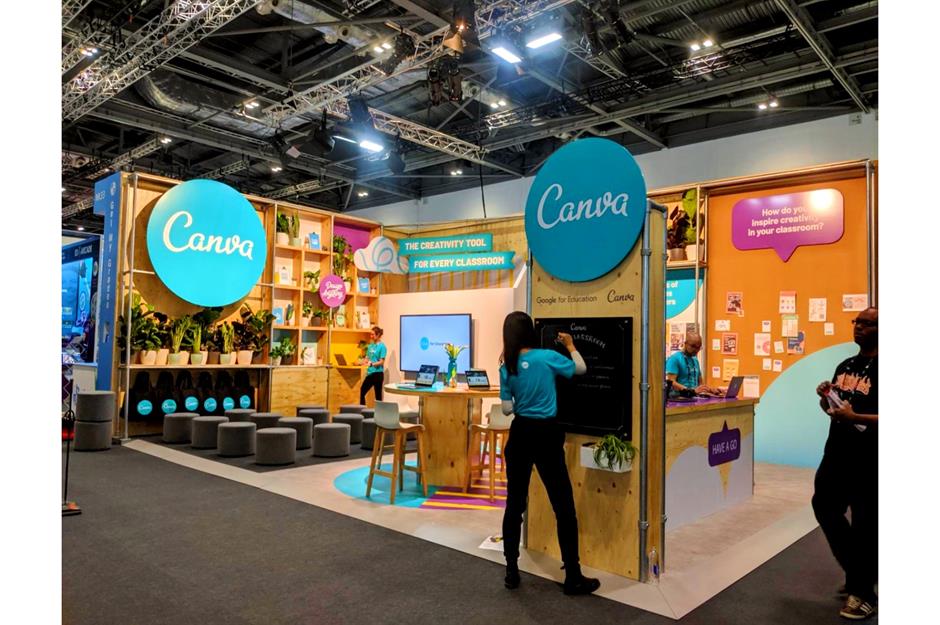
Gone are the days of businesses having to fork out for graphic designers or relying on a dodgy DIY job for their marketing materials. Instead, Canva is here to make the process user-friendly and pain-free.
Despite launching less than a decade ago in 2013, Australia-born Canva has been valued at an incredible $40 billion (£33bn) in 2021, making it one of the most valuable start-ups out there.
Tinder: $42 billion (£34.6bn)

Lonely hearts around the world have fallen head-over-heels for dating app Tinder, which made its debut in September 2012.
Users can link their profiles from Facebook and "swipe right" to connect with potential love interests in the vicinity. While the app has a growing list of competitors, Tinder has remained consistently popular and recorded 10.7 million paid subscribers in the first quarter of 2022 alone.
In 2021, a Morgan Stanley analysis valued Tinder at around $42 billion (£34.6bn).
Hulu: $45 billion (£37.1bn)
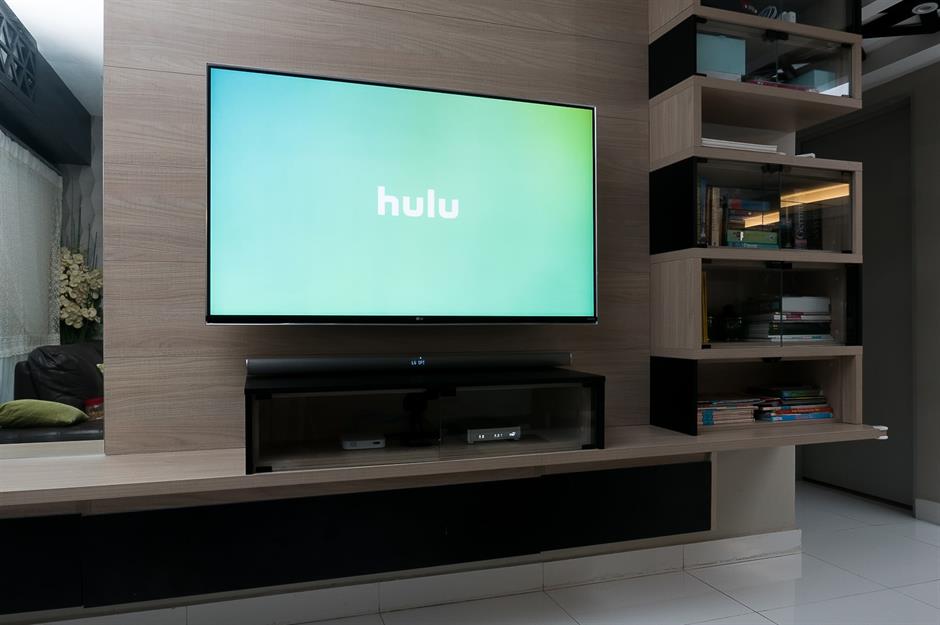
Move over Netflix and Amazon Prime: there’s a new streaming kid on the block.
Well, kind of new. First launched back in 2007, Hulu gives users access to countless movies, TV shows, and sports games.
It was taken over by Disney in May 2019 when the entertainment giant bought out NBCUniversal's 33% stake in the service. In 2021, Hulu was valued at a whopping $45 billion (£37.1bn).
Sponsored Content
Uber: $53 billion (£43.6bn)
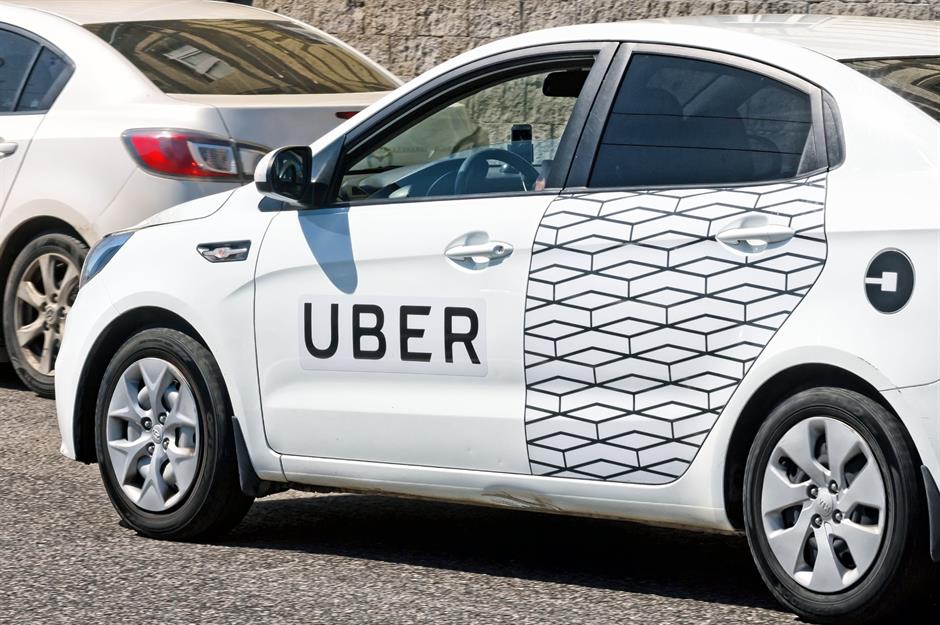
Founded in 2009, taxi app Uber was created to connect people in need of a ride with a ready-to-go driver.
The cashless app, which automatically charges your credit card, allows you to book a car to your precise location at the click of a button. You can also preview your driver before they arrive and see how other passengers have rated them in the past.
Cheaper than a regular cab, Uber had a record-breaking initial public offering of $75 billion (£61.7bn). It's now reportedly worth a more modest $53 billion (£43.6bn) and the company has struggled to turn profits.
Stripe: $74 billion (£60.9bn)
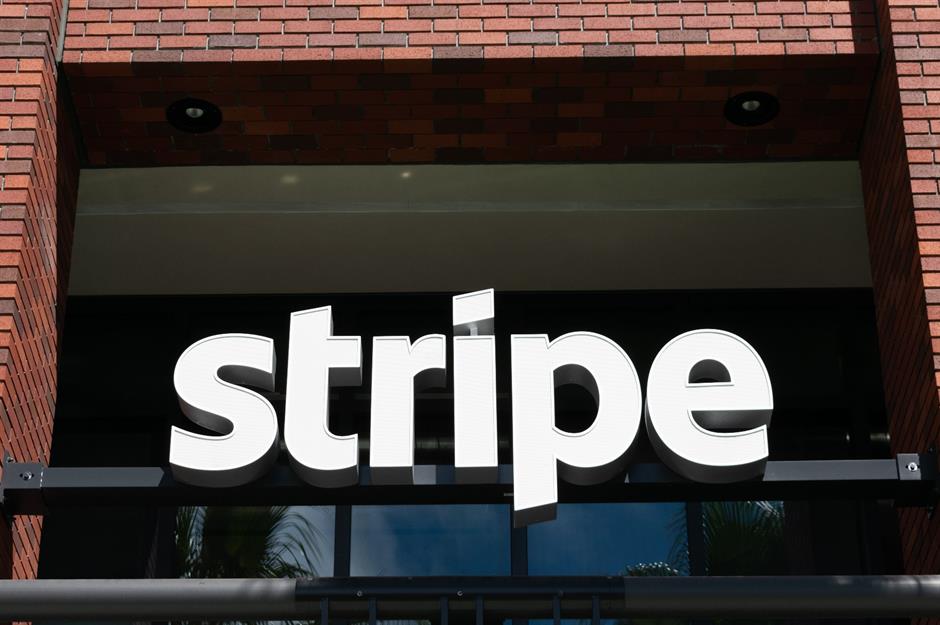
Founded in San Francisco, Stripe provides financial and software services to businesses, allowing them to process and manage payments.
Companies around the world rely on the platform for the day-to-day running of their businesses, including the likes of Amazon, Google, and Microsoft.
Once valued at a dizzying $95 billion (£78.3bn), Stripe recently faced a huge internal valuation cut of 28% due to the market downturn, and is now thought to be worth $74 billion (£60.9bn).
Airbnb: $113 billion (£101bn)
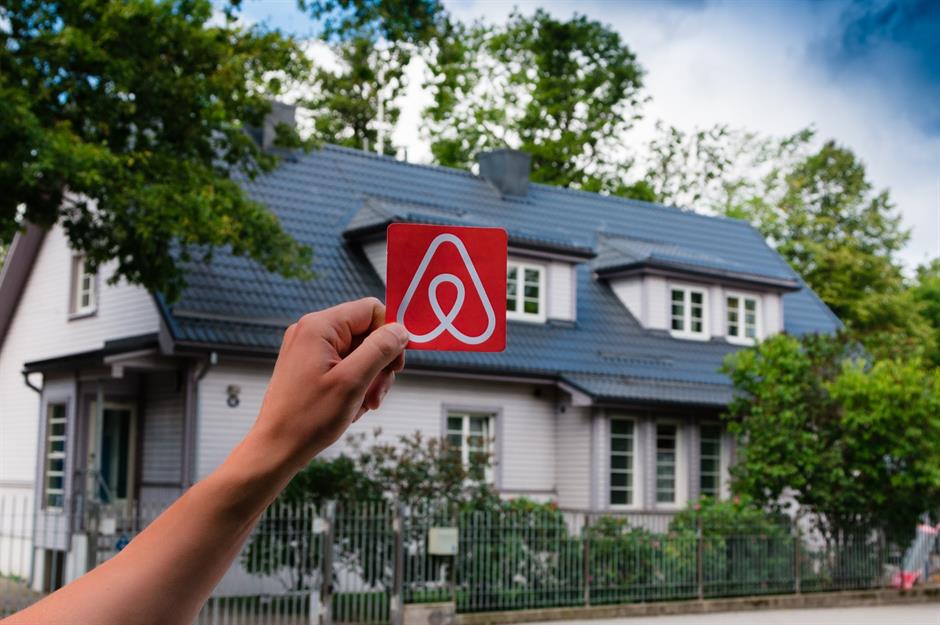
In 2007, housemates Brian Chesky and Joe Gebbia couldn’t afford to pay their rent, so they turned their apartment into a lodging space. The idea for AirBed & Breakfast – now better known as Airbnb – was born.
Chesky and Gebbia formally founded Airbnb in 2008 with the help of engineering whiz Nathan Blecharczyk. Fast forward to 2022 and the website has over 5.6 million active listings dotted around the globe.
Airbnb allows people to rent out their homes, apartments, and even castles to travellers. According to Statista, the company had a worldwide value of $113 billion (£101bn) in 2021.
Sponsored Content
ByteDance: $300 billion (£246.8bn)

While you may not have heard of Chinese tech company ByteDance, you've almost certainly heard of TikTok, its flagship video-sharing social platform.
TikTok currently has over one billion active users, with people using it to upload everything from lip-sync challenges to parody dance videos.
TikTok launched in 2016 and saw its popularity soar during the pandemic. Parent company ByteDance, which also owns content platform Toutiao, was founded in 2012.
The company has seen its valuation drop by $100 billion (£82.3bn) over the past year but is still worth an unbelievable $300 billion (£246.8bn).
Meta: $405.1 billion (£333.3bn)

Previously known as Facebook, tech conglomerate Meta was co-founded by Mark Zuckerberg back in 2004, when he was still a student at Harvard University.
The company's star product, Facebook, was born from FaceMash, a site that allowed college students to compare pictures of each other to decide who was the most attractive. The concept has evolved beyond recognition and Facebook is now used by billions of people around the world.
Meta also owns a number of other big tech brands, including WhatsApp and Instagram. Yahoo! Finance states that Meta is currently worth an incredible $405.1 billion (£333.3bn).
Tesla: $825.19 billion (£740bn)
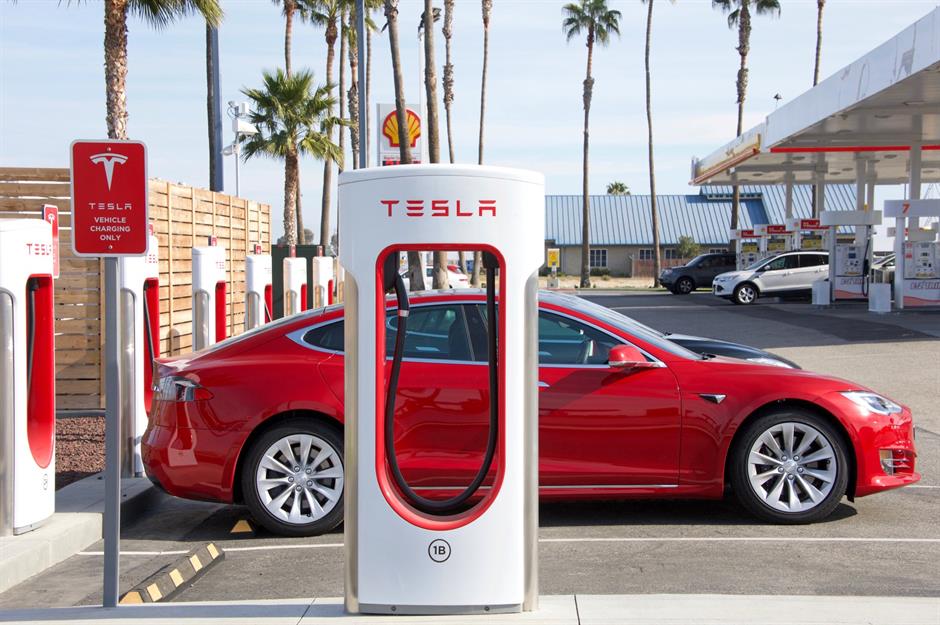
Tesla put electric vehicles on the map and today, it's the world's most valuable car company. Seriously impressive for a business that was only founded in 2003, right?
Named after the inventor Nikola Tesla (1856-1943), the firm was founded by engineers Marc Tarpenning and Martin Eberhard.
In 2004, Elon Musk became an investor and and was named as Tesla's CEO in 2008. He's widely credited with taking the company public in 2010 and growing it into the mammoth success that it is today. At the time of writing, Tesla is worth an astonishing $825.19 billion (£740bn).
Now discover 19 reasons why Elon Musk is a far-from-ordinary businessman.
Sponsored Content
Comments
Be the first to comment
Do you want to comment on this article? You need to be signed in for this feature